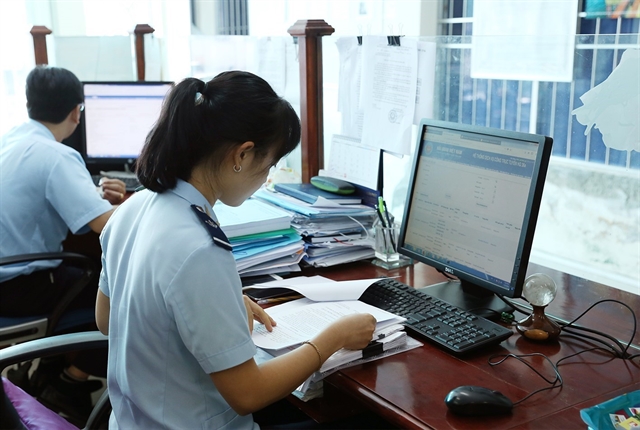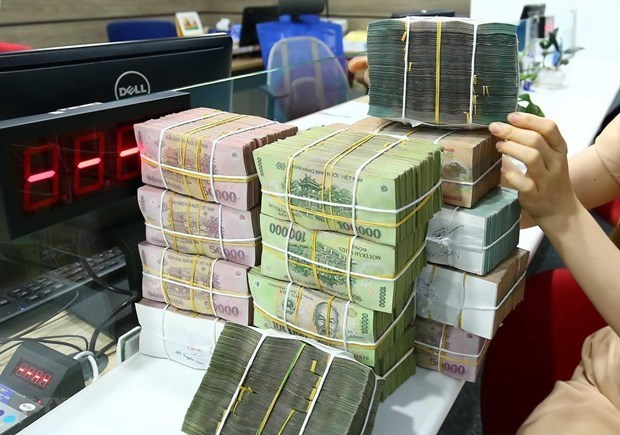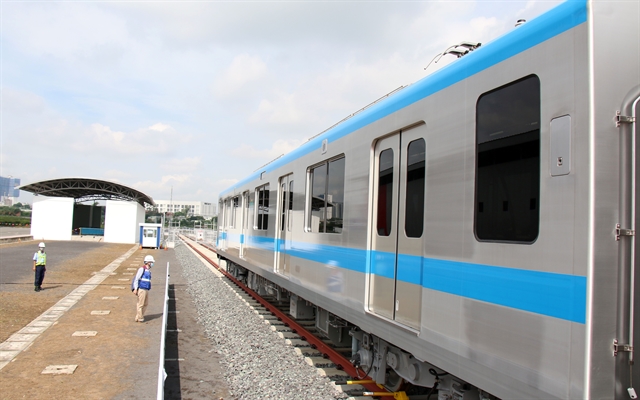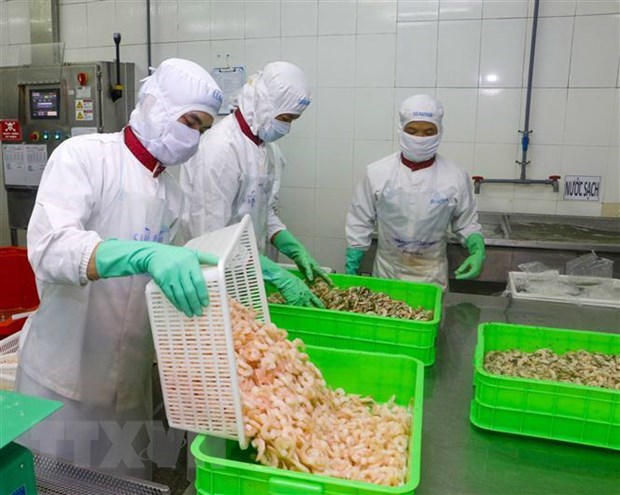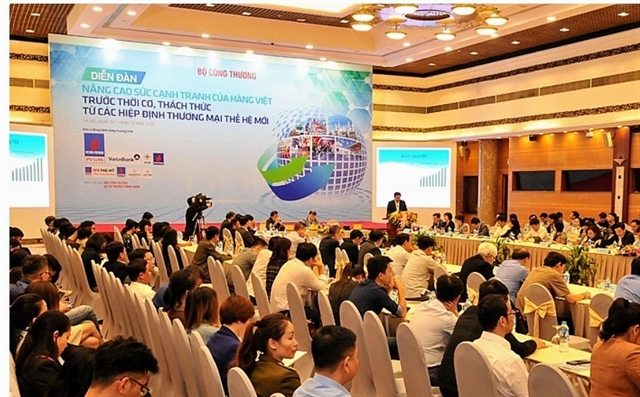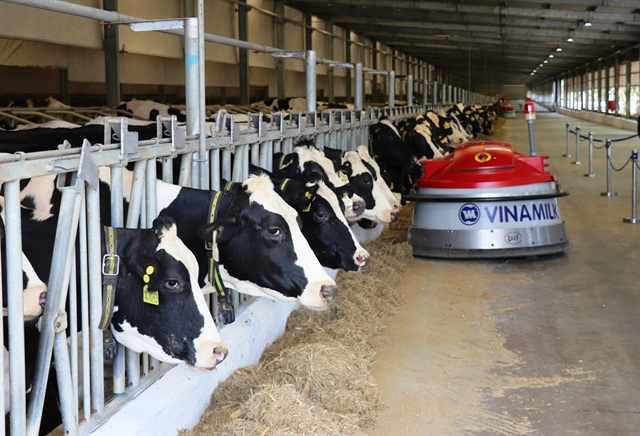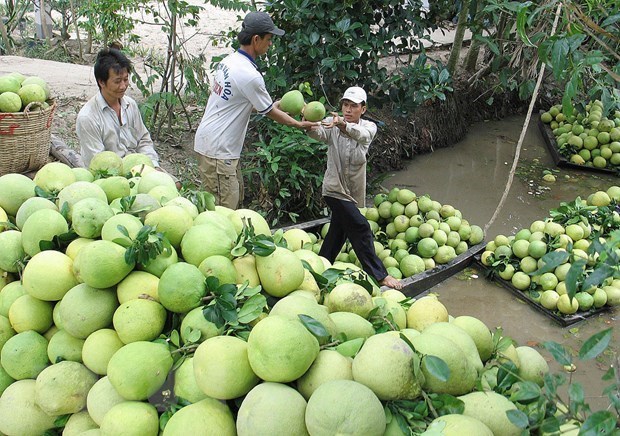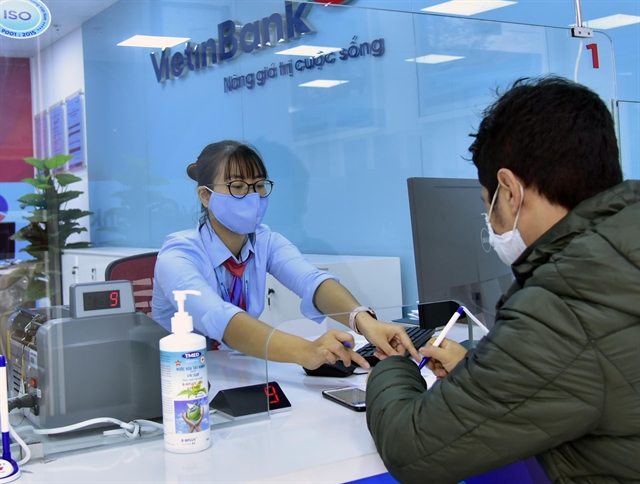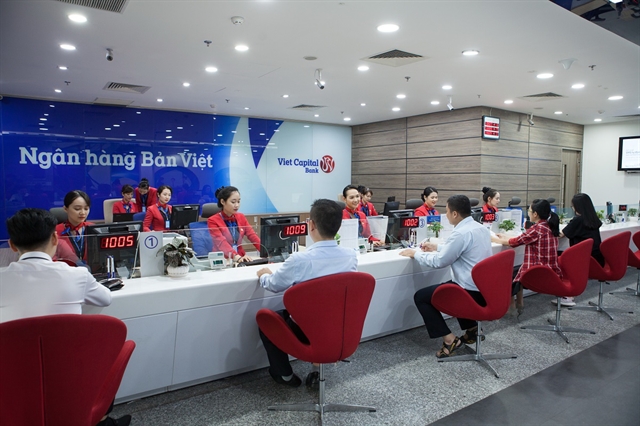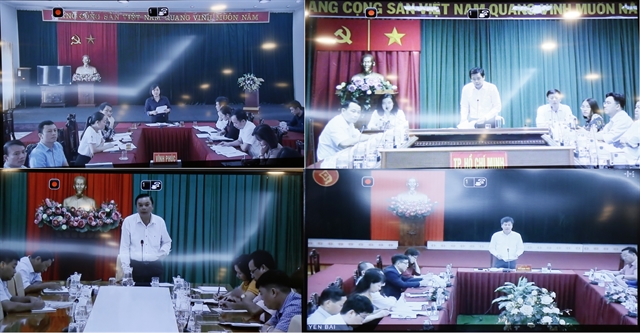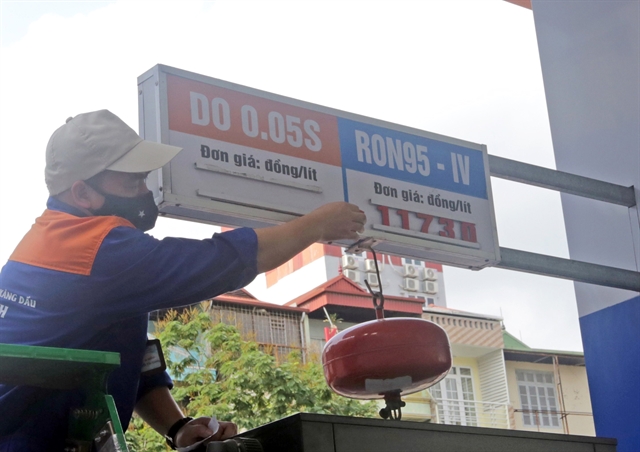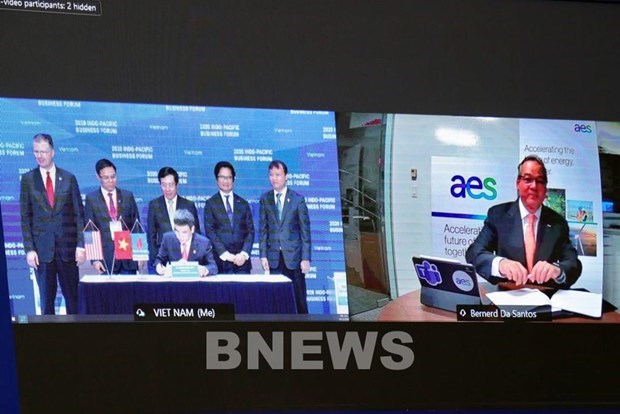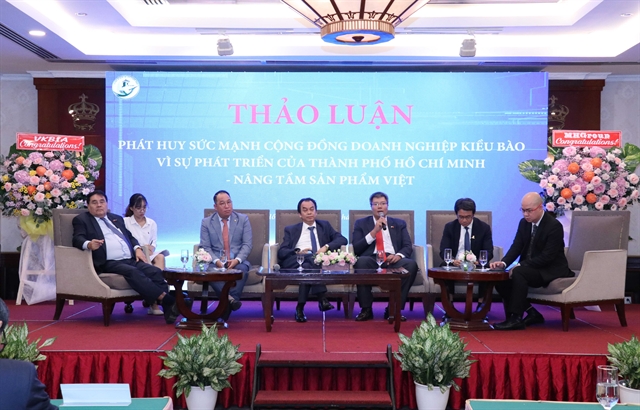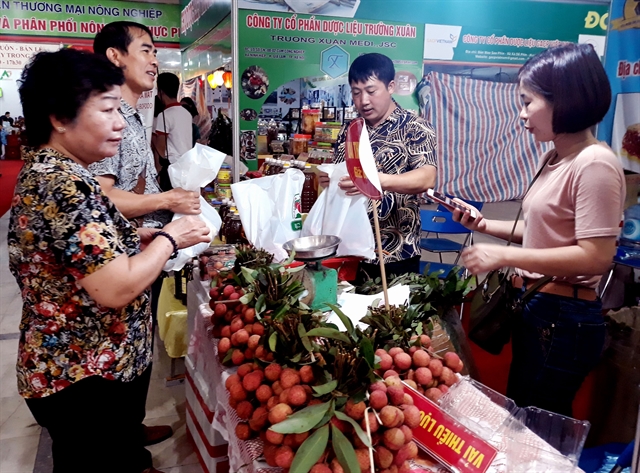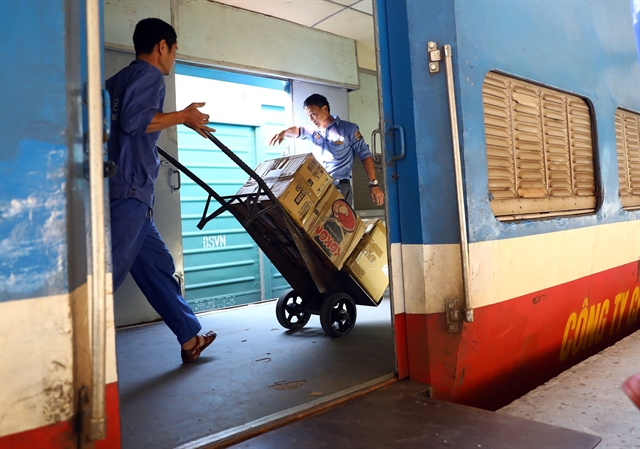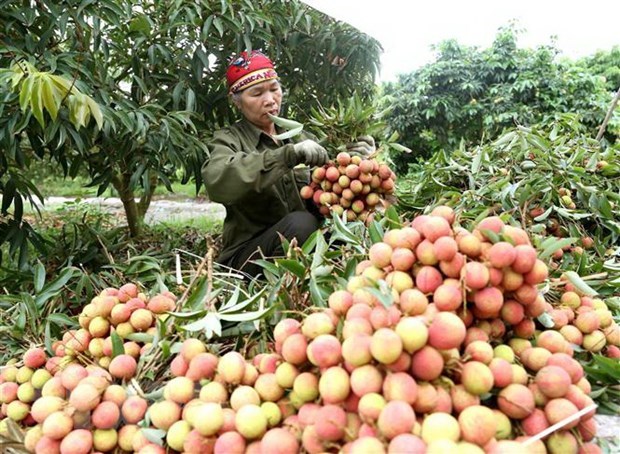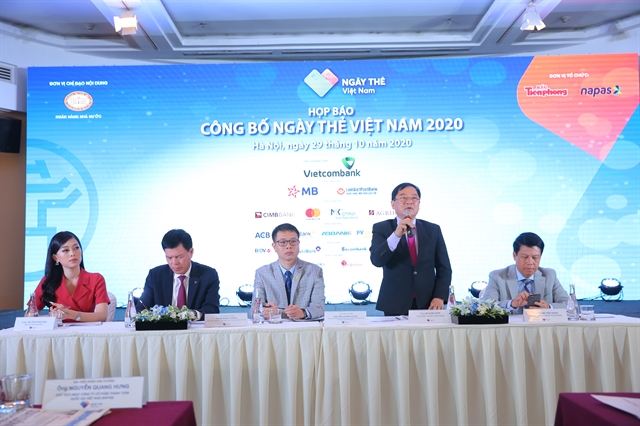
HÀ NỘI — The “Việt Nam Card Day 2020”, the first of its kind, was officially announced on Thursday in Hà Nội with an aim to promote the development of non-cash payments in the country.
The event was co-organised by Tiền phong (Vanguard) Newspaper and the National Payment Corporation of Việt Nam (NAPAS) under the instruction of the State Bank of Việt Nam (SBV). This also responds to the Government’s project on promoting cashless payments, contributing to support production and business as well as the economy’s recovery.
“Việt Nam Card Day 2020” would start with a shopping festival over two days from November 7, 2020, at Bách Khoa Stadium in Hà Nội and a Mega Sales week from November 9 to 15.
Customers participating in the events would receive promotional programmes when paying by bank cards at booths and online shops.
Phạm Tiến Dũng, director of the SBV’s Payment said Department, said: “Việt Nam Card Day 2020 would create opportunities for young Vietnamese people to access and experience banking services and modern payment methods. This would help them gradually establish a habit of using bank cards and non-cash payments.”
Nguyễn Quang Hưng, general director of NAPAS, said they have helped banks issue more than 10,000 contactless prepaid cards with available amounts of VNĐ50,000 each as a gift for customers to use at the event.
“This is a prepaid domestic chip card product issued by Vietnamese banks with fast, convenient and secure payment functions, suitable for small value transactions and can be recharged many times. This product has also been deployed by NAPAS for payment on inner city express buses in HCM City from today,” Hưng added.
Also at the event, the organisers announced the runner-up of Miss Việt Nam 2018 - Bùi Phương Nga as the brand ambassador of the Việt Nam Card Day 2020. Event information will be continuously updated on the website http://ngaythe.vn/ and the official Fanpage https://www.facebook.com/ngaythevn.
In 2020, the world and Việt Nam have faced the COVID-19 pandemic with concerns about direct communication methods. The trend of non-contact communication continued to be encouraged to limit risks of spreading the virus, ensuring social stability and economic development.
In this context, the use of bank cards has become a modern payment method, in line with the Government's policy of developing non-cash payments. — VNS
